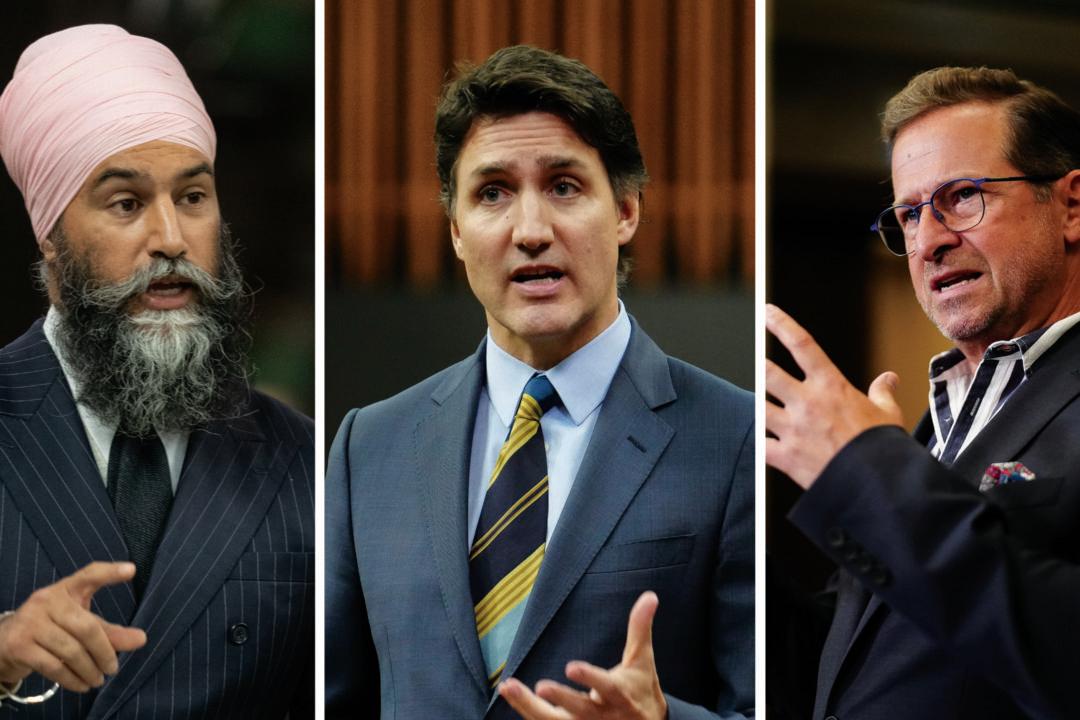While the Conservatives have been clear that they want an election today, a second federal party—the Bloc Québécois—this week left no ambiguity as to its position on forcing an early election, saying it wants passage of two key bills before November in order to retain its support of the Liberals.
The NDP’s position, meanwhile, still remains ambiguous, with the party saying it will be looking at confidence votes on a case-by-case basis.






